Keeping up with the Dewans
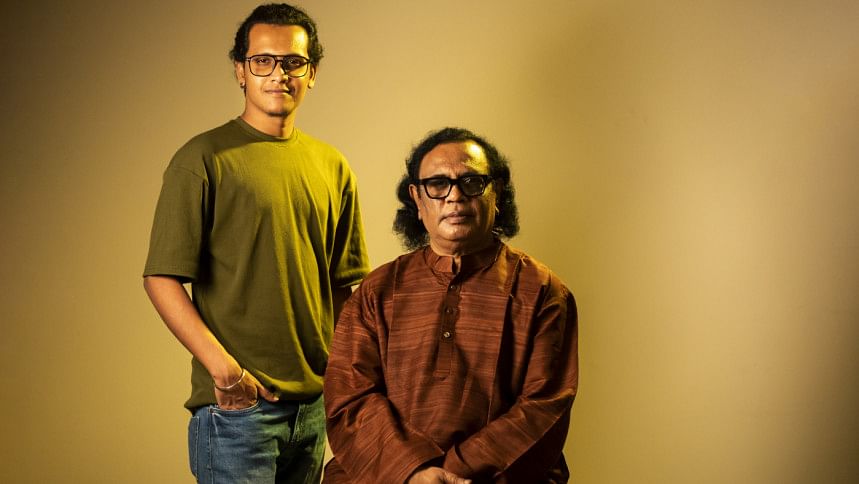
Dewans, the enlightened bards, gather wisdom through their songs, connecting humanity with God and the mysteries of nature. Synonymous with the folk song genre pala gaan, the Dewan family, now in its fifth generation, continues to win hearts with their melodious voices and the harmonious blend of violin, mandira, and dhol.
The tradition of the Dewan family traces back to Alep Chan Shah, also known as Alfu Dewan, who rendered mystic songs such as adamtatwa, dehotatwa, and shariati, amongst others. Alfu Dewan's sons—Khaleque Dewan and Malek Dewan—upheld this legacy by presenting spiritual songs in a unique dramatic style called 'Sawal-Jawab' (question and answer).
Now in their fourth generation, veteran singer Arif Dewan and emerging talent Sagor Dewan carry on this rich tradition, showcasing the magic of mystical songs through their rendition of 'Ma Lo Ma' in Coke Studio Bangla Season 3, which trended at number 1 on YouTube in Bangladesh, and 30 worldwide.
Composed by Pritom Hasan and penned by Khaleque Dewan, "Ma Lo Ma" beautifully blends original and modern influences, leading to its viral success shortly after its release.
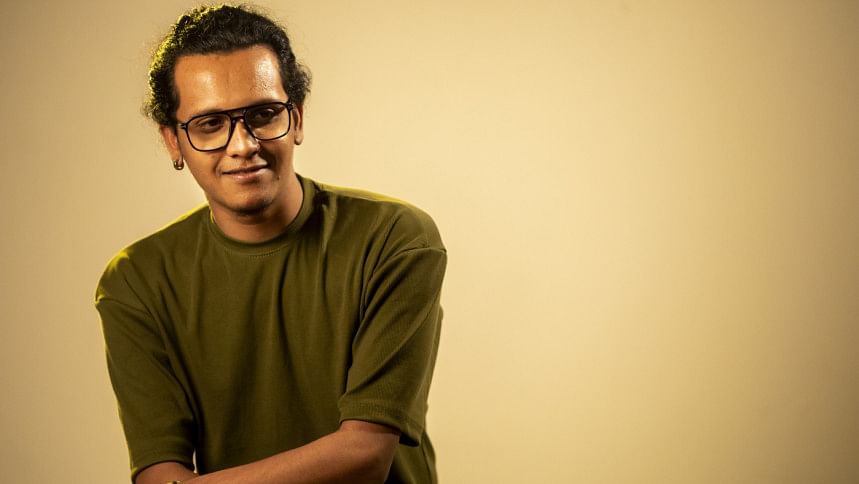
In a recent visit to The Daily Star studio, the Dewan brothers shared insights into their forefathers' history, the song's origin, and more.
"Language isn't a barrier when connecting with music lovers worldwide. 'Ma Lo Ma', a song by my grandfather Khaleque Dewan, recorded during the Pakistan period, gained immense popularity, becoming a staple at weddings and special events. Its recent success proves its [palagaan's] enduring appeal to the audience," noted Arif Dewan, the esteemed singer, over a cup of coffee.
The Coke Studio rendition, featuring the synergy of the Dewan brothers, retains Arif Dewan's original sound while Sagor Dewan adds a modern twist. For Sagor, the song held profound personal significance while growing up.
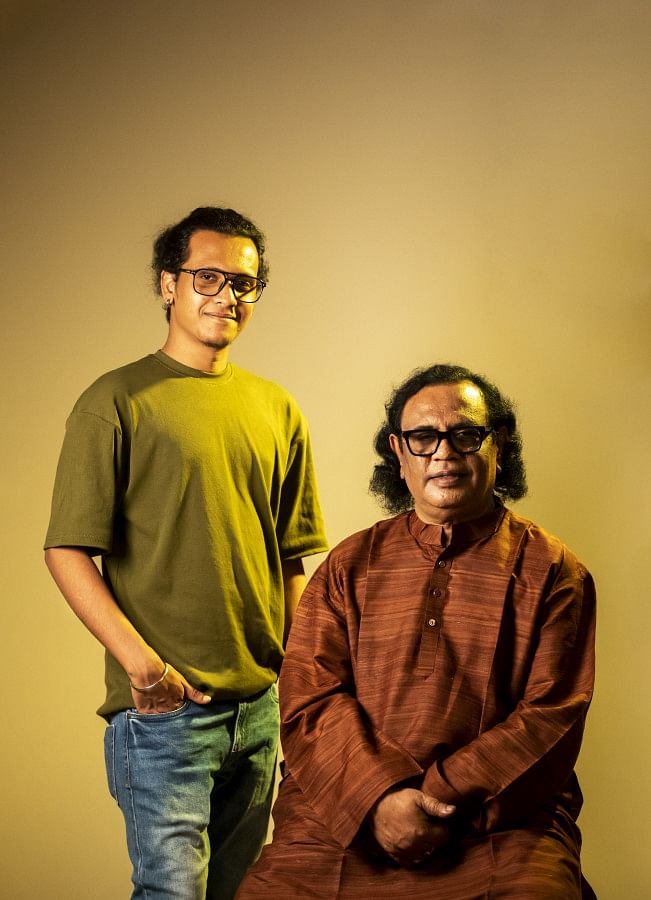
"Whenever you listen to the tune, a certain groove overtakes your body. Then there's the beat—the taal—that truly captivates you and makes you fall in love with the music. 'Ma Lo Ma, Jhi Lo Jhi. Boin Lo Boin, Ami Korlam Ki'– these two lines hold a special place in my heart. The song reflects on life's journey and its cyclical nature. My creations and records will remain, even when I will no longer be there. Such thoughts kept lingering in my mind and since then, I've held a deep affection for 'Ma Lo Ma'," shared Sagor Dewan.
Remaking of a popular song often faces resistance from fans, but Arif Dewan trusted Pritom Hasan entirely. "During recording, I wasn't familiar with the composition; I focused solely on my part, playing the violin. When I heard the song later, I was pleased to find my voice remained raw, untouched. The music video also honoured the song's essence and avoided using elements that didn't complement the song. So, I was confident that everyone would love it," revealed the veteran singer.
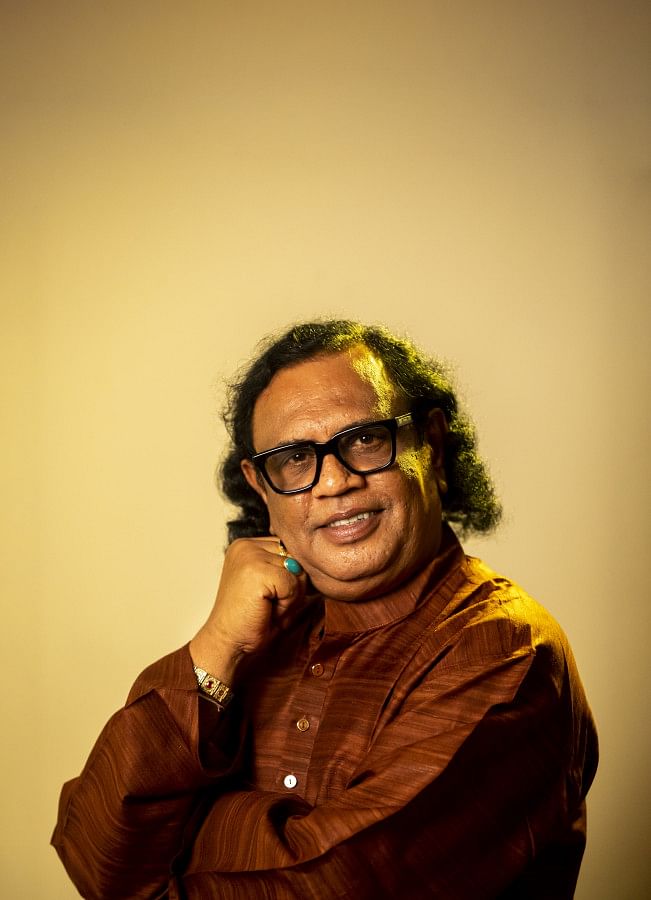
So, how did the Coke Studio version come together? That's an interesting story. Sagor had long envisioned reimagining the song, but conflicting schedules delayed the recording. "Pritom bhai had this beat ready with the Chad Petano team; when he heard the song, he immediately recognised 'Ma Lo Ma' would be the perfect fit for his composition," said the singer.

"Chad Petano Gaan was quite prominent when I was a young child. People used to sing this song while beating chuna churki/surki (lime and mortar) to renovate their houses. This demonstrates how much Pritom values our country's culture."
Regarding the song's origin, a recent controversy arose when Coke Studio Bangla mentioned another version titled "Ma Go Ma", penned by Baul Rashid Uddin. However, a cultural organisation in Netrokona contested this, asserting Khaleque Dewan as the original writer and their hometown as the origin of the song. In response, Sagor refuted these claims by stating that they have concrete evidence supporting the original recording and literary references crediting Khaleque Dewan as the original writer.

"In 1960, Khaleque Dewan wrote 'Ma Lo Ma', recorded under His Master's Voice (HMV) Music Company (now Saregama). Our family has preserved the song and its history since then. Recent disputes emerged only after Coke Studio's viral rendition and a certain group has been targeting us recently," asserted the young singer.
"To those contesting, please provide evidence in support of your claim. References to the song can be found in Imdadul Haq Milan's novel 'Nurjahan', and it has been used in films as well. This song solely belongs to Khaleque Dewan," he added.
While discussing the Coke Studio song, Arif Dewan lamented about the current state of the music industry and the government's apparent lack of effective measures to promote local music on a global scale.
"In this lifetime, I have everything I could ever want, in terms of love and respect. However, I urge the government to take more effective steps to bridge the gap between generations in the music industry. Just imagine the beautiful collaborations that could have been created if Pritom Hasan had worked with legendary music director Sheikh Sadi Khan. Nowadays, people have become more city-centred. If we don't nurture talents from all backgrounds, we will fail to preserve our culture," expressed the renowned folk artiste.

 For all latest news, follow The Daily Star's Google News channel.
For all latest news, follow The Daily Star's Google News channel. 



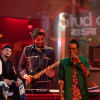


Comments